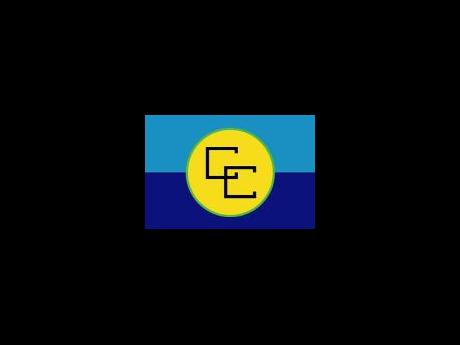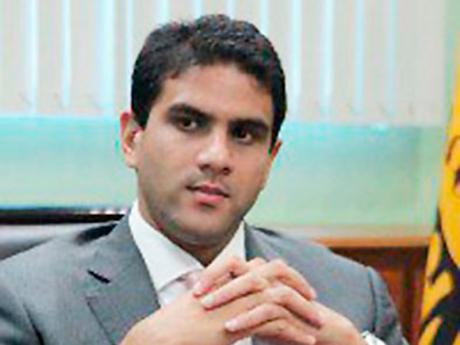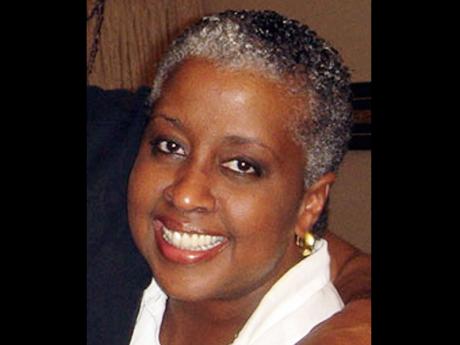Save CARICOM! Trinidadians urge politicians to ensure regional bloc survives current tensions
Gary Spaulding, Senior Gleaner Writer
Regional political leaders are being urged by the diplomatic, political and business community in Trinidad and Tobago to urgently take stock of the brittle partnerships existing in the region in order to address lingering deficiencies and strengthen the Treaty of Chaguaramas.
The calls have come against a backdrop of thunderous bragging in T&T over its contribution to the Caribbean Community (CARICOM).
"I think CARICOM is very relevant today," declared Nicholas Lok Jack, the president of the Trinidad and Tobago Manufacturers' Association (TTMA).
Mahindra Ramdeen, chief executive officer of the TTMA, warned that any move to reduce or lessen the importance of CARICOM would weaken individual states.
"Do we want to stratify and divide seven million people when we are trading with Miami with nine million people and Los Angeles with 11 million?" challenged Ramdeen.
"We seriously belong in CARICOM," asserted Sharon Saunders, Jamaica's high commis-sioner to Trinidad and Tobago.
"In fact, there is no other option if you want to start out from that angle, there is no other option than to be in this regional grouping and integration movement."
Saunders, who also serves 14 other CARICOM states, warned against any attempt to break up what she characterised as a family structure, given its shared history.
Gary Griffith, T&T's national security minister, stressed the Kamla Persad-Bissessar administration was more committed than ever to the cause of CARICOM and the CARICOM Single Market and Economy (CSME).
"The present prime minister has shown time and time again that she is fully obligated to her duty as the present head of CARICOM," asserted Griffith.
Saunders stressed that the partners need to create the space that can work effectively.
"I believe that we need to work harder. We don't do enough to make things work. We see the problems rather than the solutions, and the solutions are not immediate," said Saunders.
She suggested that CARICOM leaders and players need to systematically identify what needs to be done as well as the time frame and who is involved to make CARICOM work.
STRENGTH IN NUMBERS
Lok Jack, who heads the twin-island republic's powerful manu-facturing sector, stressed that he remained convinced that the 16 votes of CARICOM member states on an international scale weighs heavily in favour of the regional cause.
"I think for disparate, small economies to have an international global say, we would be irrelevant on our own," he stressed.
"I think when you go to Washington on a global perspective, the amount of aid and attention that CARICOM countries get from America and the support from multilateral agencies is as a result of us having one voice to speak with."
Ramdeen agreed that there is strength in numbers: "T&T, Jamaica and the entire English-speaking Caribbean with a population of seven million people being forced to engage with Miami with nine million people and Los Angeles with 11 million.
"These are significant numbers," he stressed. "You are telling me that we can't get it right among ourselves, with 1.3 million (T&T) or 2.6 million ( Jamaica ) … . Do we really want to get into building wars among us.
"In order for all of us to trade in the international environment, we have to benefit from economies of scale," said Ramdeen.
He argued that a Jamaican manufacturer cannot expect to trade only within his country and survive.
"The manufacturer needs the Caribbean market of seven million people to reduce its price. Use CARICOM to build efficiencies and competencies so we can engage the international arena," urged Ramdeen.



